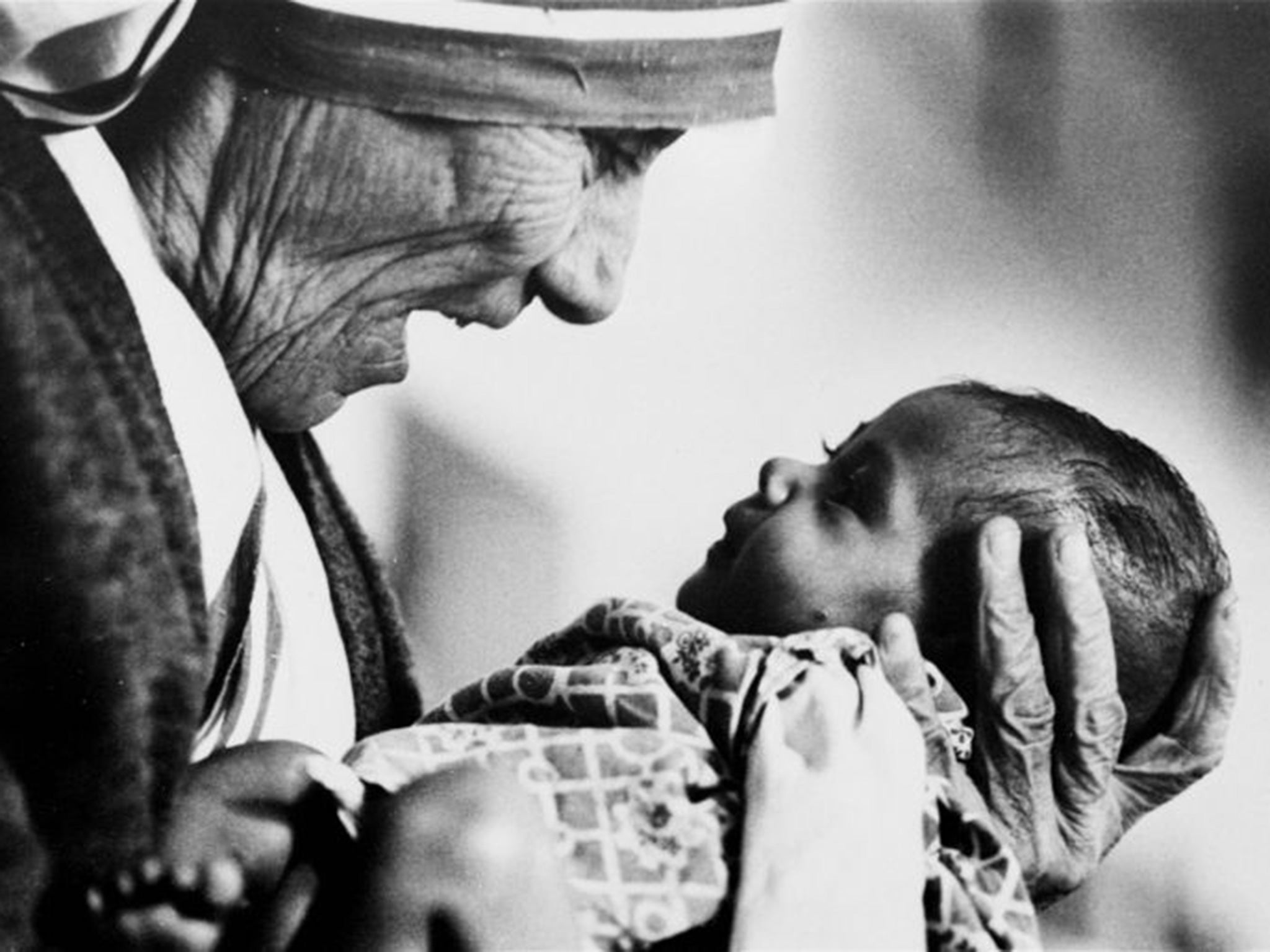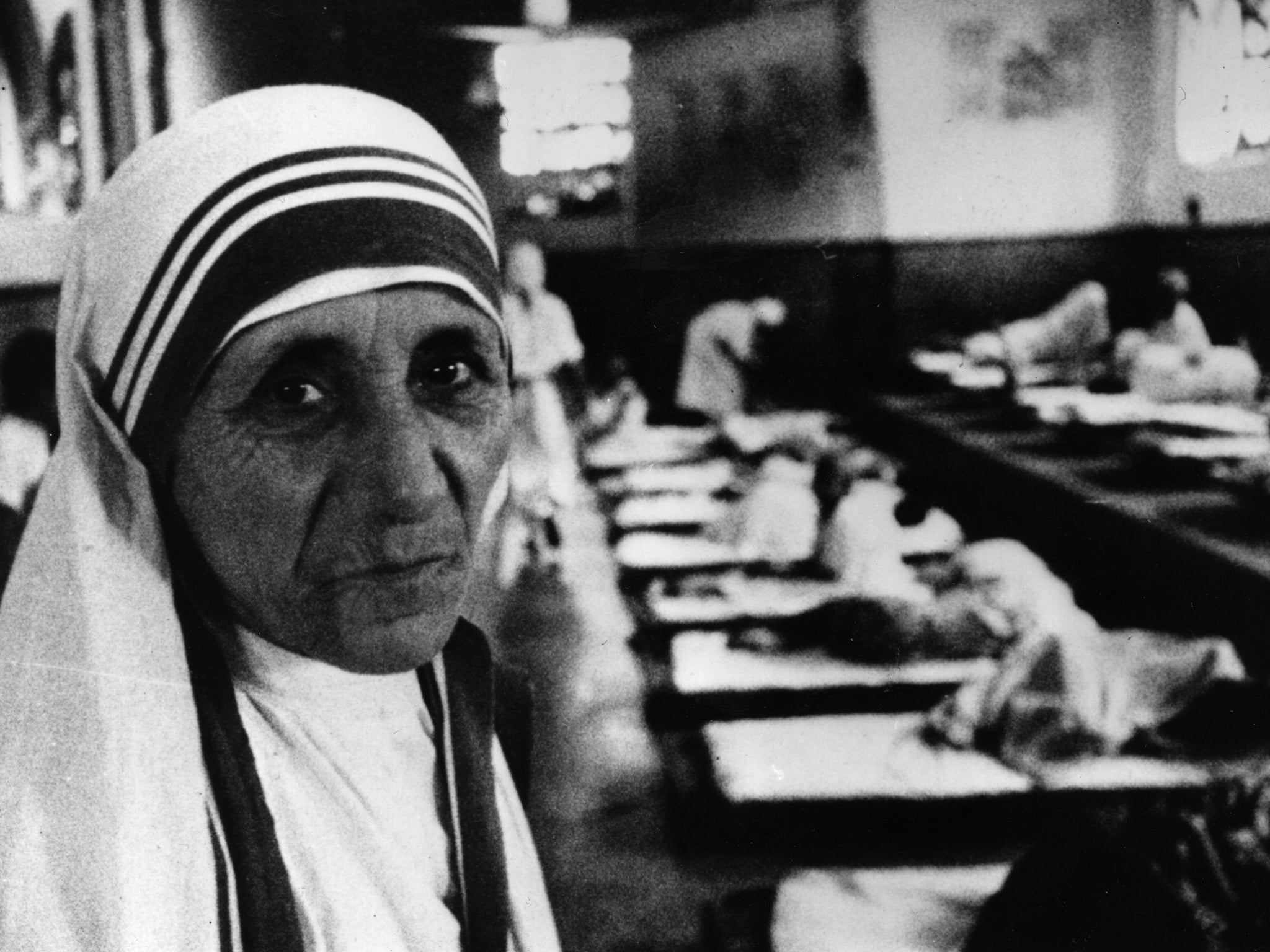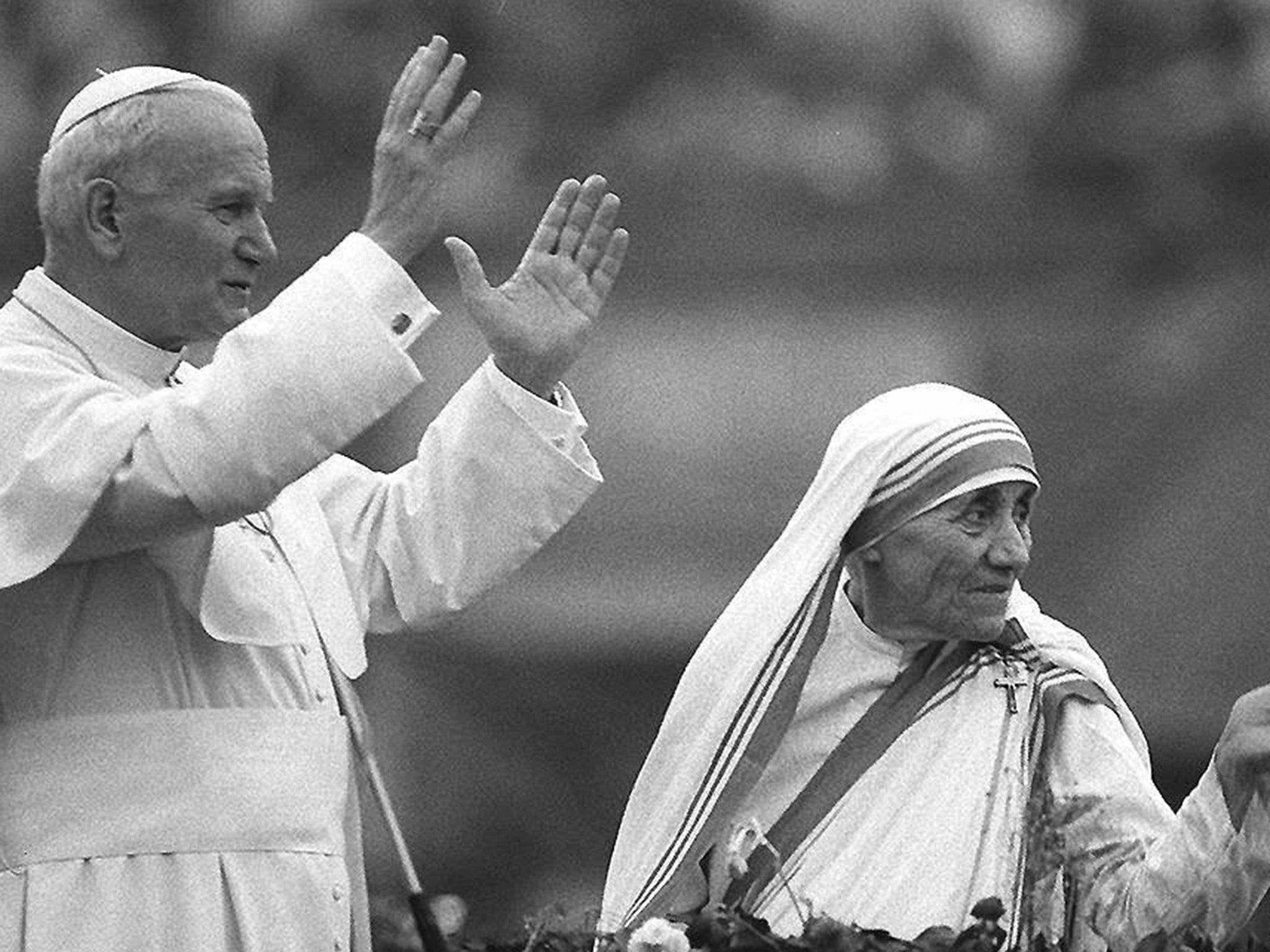Mother Teresa orphanages in India stop adoptions after liberal reforms
Estimates of the number of orphans in India vary from 16 million to 30 million

Your support helps us to tell the story
From reproductive rights to climate change to Big Tech, The Independent is on the ground when the story is developing. Whether it's investigating the financials of Elon Musk's pro-Trump PAC or producing our latest documentary, 'The A Word', which shines a light on the American women fighting for reproductive rights, we know how important it is to parse out the facts from the messaging.
At such a critical moment in US history, we need reporters on the ground. Your donation allows us to keep sending journalists to speak to both sides of the story.
The Independent is trusted by Americans across the entire political spectrum. And unlike many other quality news outlets, we choose not to lock Americans out of our reporting and analysis with paywalls. We believe quality journalism should be available to everyone, paid for by those who can afford it.
Your support makes all the difference.Thirty orphanages run by a group founded by Mother Teresa have decided to close their adoption services in India rather than comply with a new government system that will make it easier for single and divorced people to adopt.
In recent months, the government of Narendra Modi has overhauled India’s complex adoption bureaucracy to reduce the long, frustrating waiting period faced by prospective parents and boost the country’s woefully low adoption rates.
Estimates of the number of orphans in India vary from 16 million to 30 million, a figure cited by several non-governmental organisations, but only about 2,500 orphans were adopted last year – down from 5,700 four years ago, according to the ministry of women and child development.
“We have already shut our adoption services because we believe our children may not receive real love,” said Sister Amala at Nirmala Shishu Bhawan, a Delhi orphanage run by the Missionaries of Charity. She added: “We do not wish to give children to single parents or divorced people. It is not a religious rule but a human rule. Children need both parents, male and female.”

Previously, orphanages around the country were allowed to hand-pick parents and match them with children. But that process, officials said, operated with scant oversight and was plagued by corruption, trafficking, delays, favouritism and prejudice.
The government now requires orphanages to submit records of children to a central authority that maintains a database. Prospective parents are asked to register with the authority, where an automated system will match them with children.
That means children from any orphanage can potentially be matched with single parents anywhere in the country, something the nuns of Mother Teresa’s order frown upon. At a meeting in Delhi, Maneka Gandhi, the Minister for Women and Child Development, said the Missionaries of Charity had refused to register children in their care with the central authority.
“They have cited ideological issues with our adoption guidelines related to giving a child up for adoption to single, unwed mothers,” said Ms Gandhi. “They do not want to come under a uniform secular agenda.” She added that the government will try to persuade the order to work with the new system because it has “valuable, good people” and experience in adoption.
The order, however, said it will give up its license. In Delhi it has transferred six unadopted children to Holy Cross Social Services, a Catholic organisation.
“We want to bring everybody under a uniform, secular website. We don’t want these different groups running their own parallel systems any more,” an official in the ministry of women and child development said. The vacuum left by the order is being filled by other agencies.

“We are seeing a sudden rise in children coming to our adoption home,” said Lorraine Campos, assistant director of Palna, one of the oldest adoption homes in the capital. “It could be because the Missionaries of Charity is not accepting any more.
“We don’t have a problem with single parents or divorced people; we have to accept that society is changing. But we carefully study the kind of job pressures of the applicant and we also ensure that they have a family support system that can step in to give care to the child.”
The Indian system does not, however, allow adoption by gay prospective parents. “We have not progressed to that extent yet,” Ms Campos said. Adoption agencies say the new system has cut the waiting period from several months to a few weeks.
© The Washington Post
Join our commenting forum
Join thought-provoking conversations, follow other Independent readers and see their replies
Comments